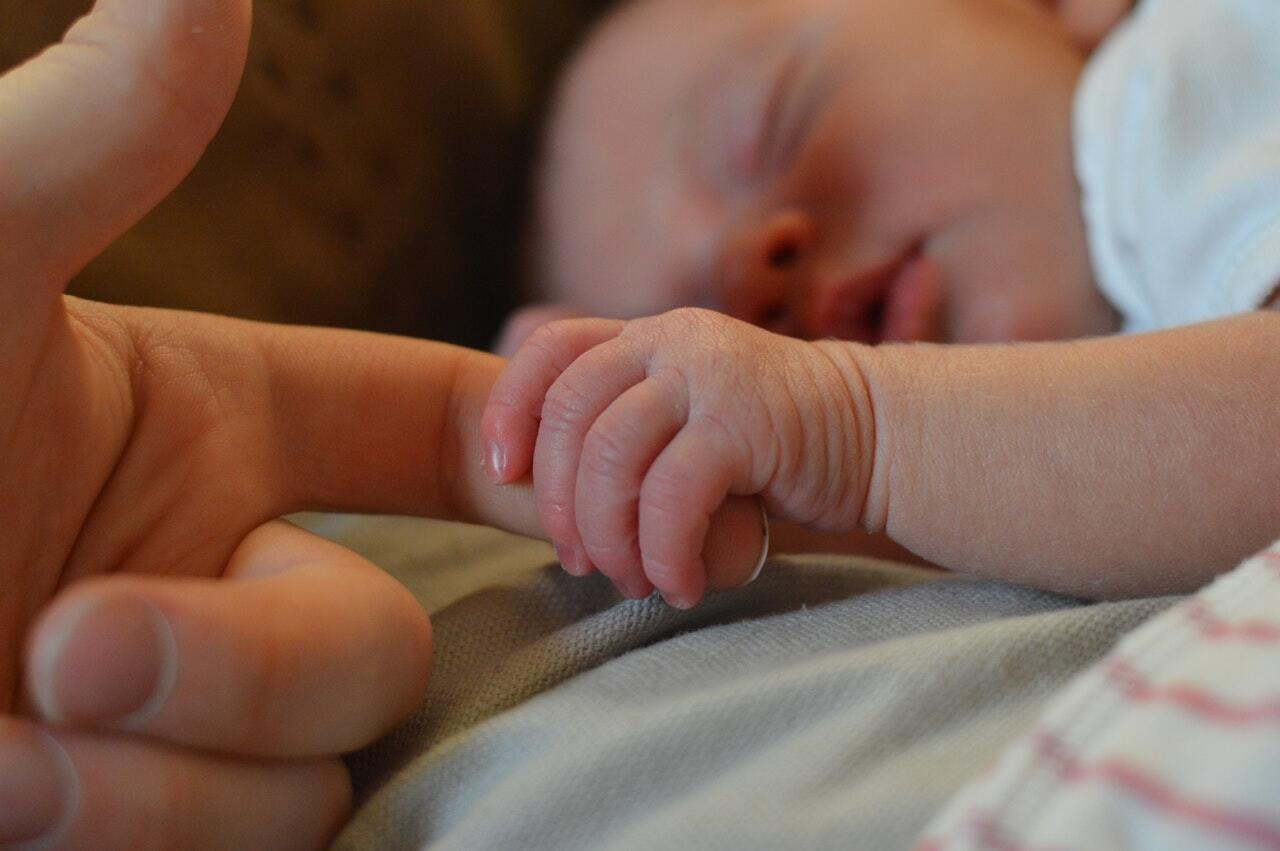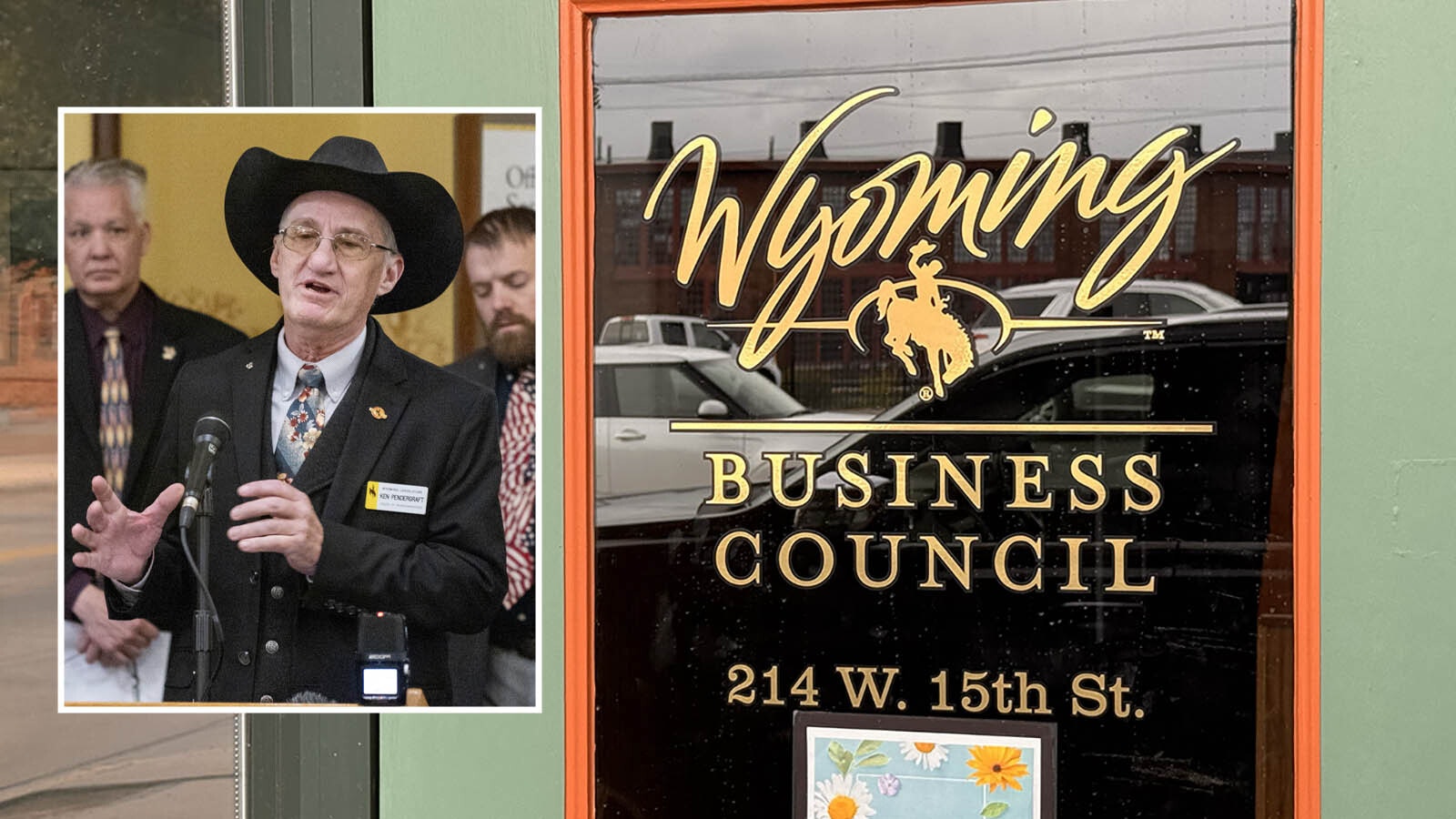CHEYENNE – Wyoming has not yet been affected by what has become the largest United States measles outbreak in 25 years.
But local healthcare officials are echoing federal calls for parents to keep their children current on vaccinations and to trust the experts when they warn how serious – and how contagious – the disease can be.
While still common in the developing world, measles was declared effectively eliminated in the U.S. in 2000. The measles vaccine, licensed just 36 years earlier, was credited with bringing annual U.S. measles diagnoses down from more than 440,000 cases in the early 1960s to just 43 cases in 2007.
But measles diagnoses have been jumping sharply in recent years, and so far in 2019 more than 700 cases of the disease have been reported in 22 states, with 500 of those cases contracted by unvaccinated patients, according to the Centers for Disease Control and Prevention.
It’s an alarming trend that healthcare specialists say is based in part on a long-discredited 1998 British research study that suggested the measles, mumps and rubella vaccine was associated with higher rates of autism in patients who received the vaccine in childhood.
The author was later banned from practicing medicine and the study was ultimately retracted from the prestigious medical journal that originally published it, but decades later, the seeds planted by that erroneous study are still bearing fruit, as this latest outbreak shows.
“I think social media has really aggravated it, and I just don’t think people know how to judge their sources.” said Dr. Robert Prentice, a pediatrician with Cheyenne Children’s Clinic. “There’s misinformation, there’s distrust, and for some people it’s almost like a religion. I think it’s an attempt to gain control over things that can’t be controlled.”
The reality, Prentice said, is that measles should not be dismissed as a harmless childhood disease one can bounce back from easily. The virus can remain contagious in airborne droplets for up to two hours after an infected person sneezes or coughs, and more than 90 percent of unvaccinated people who come into contact with the virus will contract it.
“If you can prevent something, especially something like measles, which I had as a kid— my wife’s mother had it and thought she was going to die. It was a terrible disease,” Prentice said. “Yeah, most people survived it. But on the other hand lots of people died due to complications or the result of complications.”
He added that, in the past, isolated families were able to get by without vaccinating their children due to “herd immunity” – so many people were already immune to measles that it couldn’t spread to those who are not. But as more parents opt to skip the vaccine, herd immunity starts to break down, which poses problems not just for the unvaccinated children, but also for infants who are too young to safely receive the measles vaccine and adults whose immune systems may be compromised by other conditions.
“We can’t vaccinate children under a year of age; in an epidemic situation we can immunize after six months old, but at that point babies still have maternal blocking antibodies, so they don’t take viral vaccines very efficiently,” Prentice said. “Sometimes if kids are sick enough they have to be admitted to the hospital, and then I have to think about the other children there, the nurses there.”
Laramie County School District No. 1 Head Nurse Janet Farmer said all the district’s students must have documentation showing they’ve received two doses of the measles-mumps-rubella vaccine as recommended by the CDC and the Wyoming Department of Health. But there are ways some parents can get around that requirement by obtaining a medical or religious exemption.
She said it’s rare to see parents seeking a medical exemption from the measles vaccine, and even then they’re required to provide documentation explaining their why the exemption is medically necessary.
“With the religious exemption, they just have to say they have a religious reason they don’t want the vaccine, and they don’t need to elaborate; and we’ve been told we cannot ask what their religion is or why they want it,” Farmer said. “(The exemption) still has to be approved by the Wyoming Department of Health, but they don’t have any recourse to say no.”
While such exemptions are still uncommon, Farmer agreed with Prentice’s impression that anti-vaccine sentiment is growing stronger lately, and the misinformation can be hard to correct.
“I don’t begrudge parents wanting to do what’s best for their child. But a lot of times people will believe what they read and see, and if they feel like the source is credible, they’ll believe it without doing research to see what’s behind that information,” she said. “So it’s hard to backtrack to convince people who’ve made up their minds.”
That said, Farmer noted that if a measles outbreak were to be confirmed within a district school, unvaccinated students would have to be sent home for safety’s sake.
Department of Health spokeswoman Kim Deti said that while Wyoming remains measles-free for now –the last confirmed case was reported in 2010 – the best way to keep that streak going will be for parents to trust that their pediatrician has their child’s best interest at heart.
“What we want people to do is follow the vaccine schedules as recommended,” Deti said. “That was the reason measles was eliminated before.”





